
Dear Studio Fam,
This week’s tech news run down starts with a review of the various responses to Twitter’s new CEO and, much like everything Elon Musk does, there’s something for everyone to be angry about. We also look at the unique job history of some Tesla employees, take a look at the new iPhone app from OpenAI, analyze the impact of a non-decision by the Supreme Court on Big Tech, and finally check in on the Metaverse which is not dead (yet).
The New Twitter CEO is Advertising Exec Linda Yaccarino
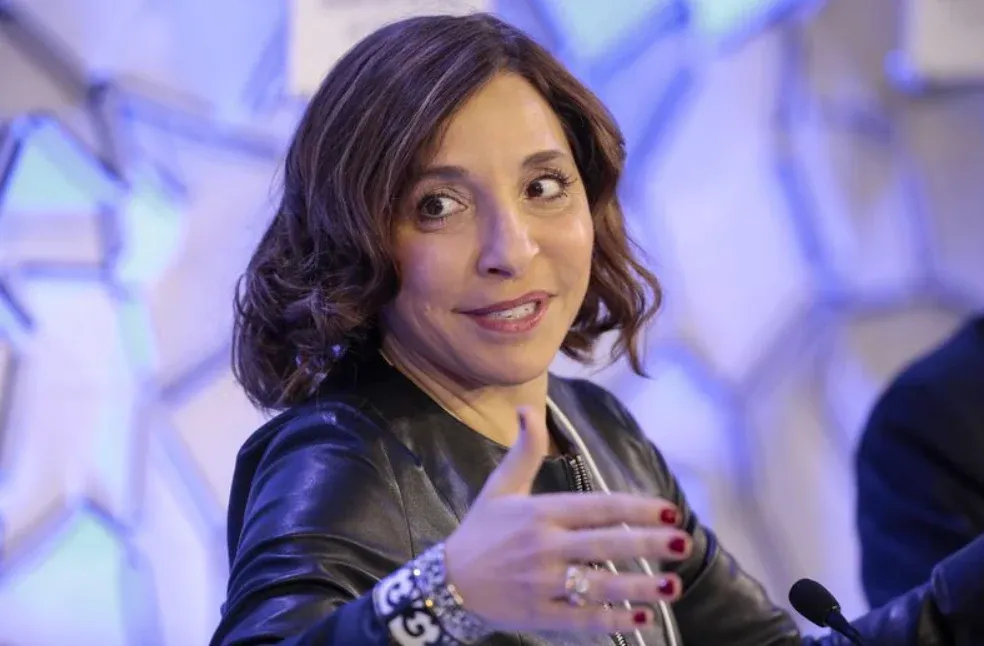
Elon Musk famously polled his followers late last year about whether or not he should stay CEO of Twitter, pledging to abide by the results. After five months, he’s finally nominated his successor: former NBC advertising executive Linda Yaccarino. As with all things involving Mr. Musk, this choice ignited controversy from practically all sides.
Conservatives decried her association with the World Economic Forum, the shadowy group of international hyper elite that set economic agendas like “The Great Reset.” Liberals accused Mr. Musk of throwing Ms. Yaccarino off the “glass cliff,” a term that refers to when women reach the top of an organization only when it is failing. But some investors were buoyed by the news that Musk might now pay more attention to Tesla, the stock of which went up the day of the announcement.
Tesla Autopilot Managers Have Unique Backgrounds
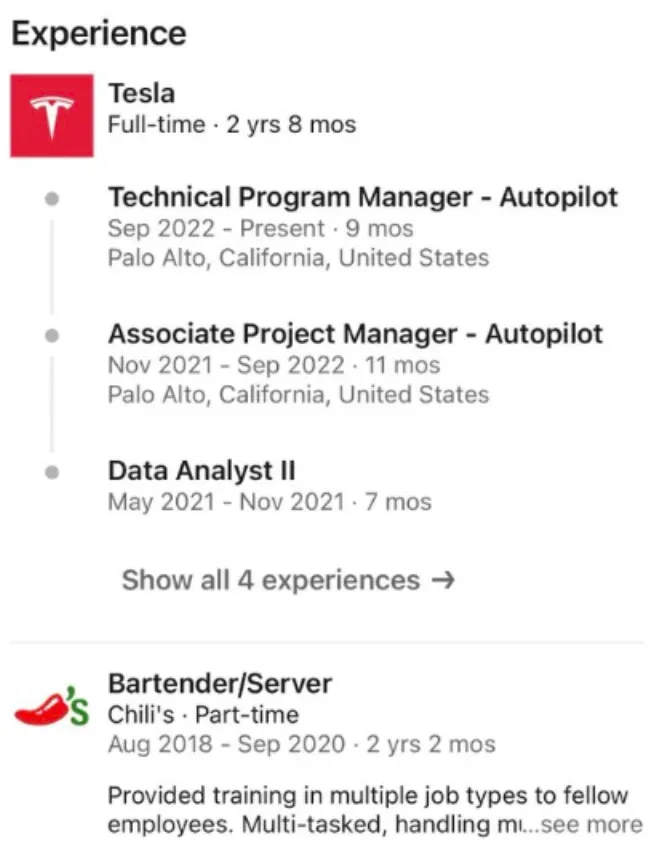
Millions of people apply to work for Tesla each year, but only a few make it. One former Tesla employee highlighted the unique background of some of Tesla’s newest technical managers: they’ve worked as line cooks, bartenders, and general managers of Taco Bell!
Watch Out Siri, OpenAI Launches iPhone App
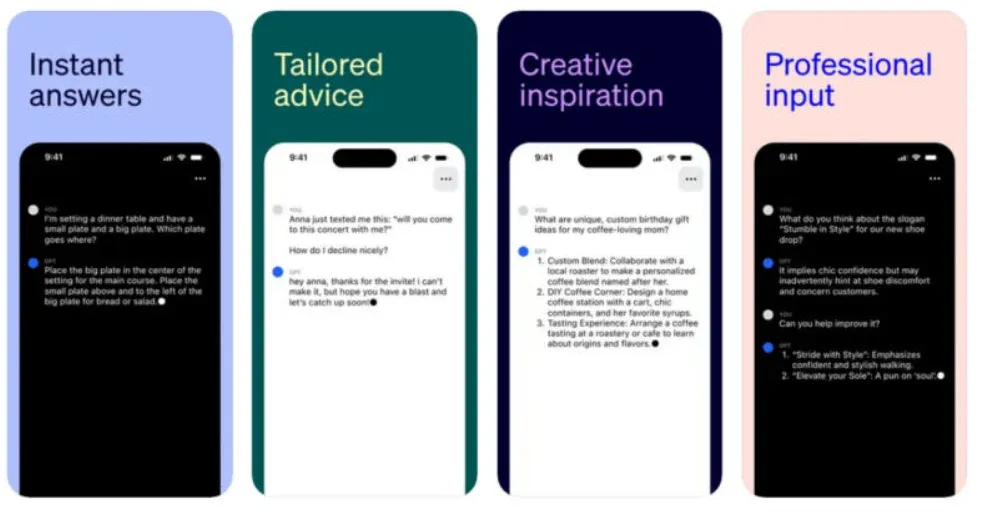
This week OpenAI launched a free app version of ChatGPT for iOS. Just like Siri, the new app supports voice input. And it will synchronize with your history from the web based version. Users of the iPhone app are promised early access to future ChatGPT features.
According to Ars, the app is a simple but functional improvement over using ChatGPT on mobile Safari. Voice input works, although barely, and only users in the United States may access the app at this time. The App Store is cluttered with GPT apps so finding it may be difficult via search; click here to access the ChatGPT app directly. An Android version is coming soon, according to a blog post on OpenAI’s website.
The Metaverse Isn’t Dead Yet: Meet Amazon Anywhere
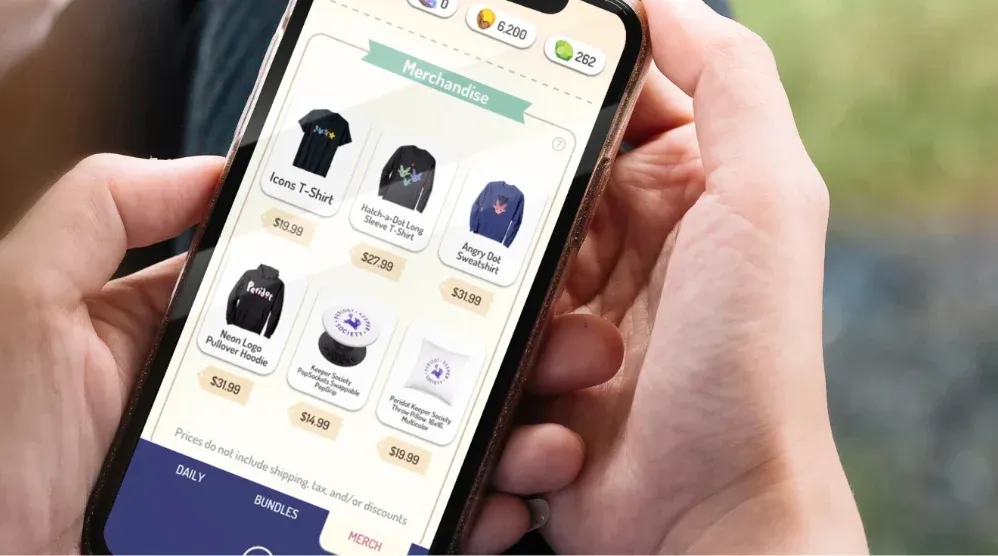
Amazon announced "Amazon Anywhere" last week. The “immersive shopping experience” will allow customers to buy physical products and virtual experiences for games, virtual worlds, and mobile apps. Here’s a rundown of the basics:
- The program will first launch within Peridot, an augmented reality game developed by Niantic.
- Players will be able to access physical merchandise within the game and check out through their Amazon accounts.
- Fulfillment then takes place like it would for other kinds of purchases.
- Amazon Anywhere comes after Walmart shut down its Universe of Play metaverse experience. eature suggests and creates complete email drafts based on user-entered prompts.
Supreme Court Declines To Hear Case Challenging Section 230
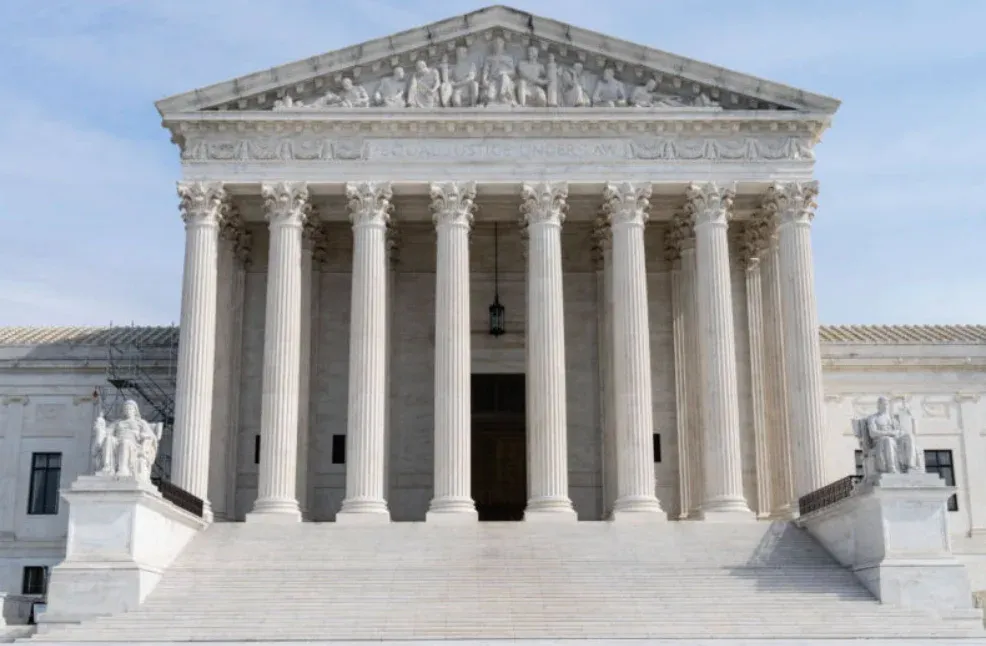
We previously reported on legal challenges to the Federal laws that protect Internet companies from liability for the content posted by their users. This week, the Supreme Court ended one of the more controversial cases against Twitter by refusing to hear the appeal of a lower court.
The case involved the families of terrorism victims whose deaths were broadcast on Twitter. As is common with Supreme Court actions, the opinion didn’t reference the fundamental claims against Section 230 of the Communications Decency Act. Instead, Justice Clarence Thomas wrote that the claim that Twitter knew that terrorists were using their service to spread their propaganda was “insufficient to establish that [Twitter] aided and abetted terrorism. Notably, plaintiffs never allege that ISIS used [Twitter] to plan or coordinate [terrorism].”
A separate case involving Google was also dismissed, as it relied upon the same claims made in the case against Twitter. Google general counsel Halimah DeLaine Prado said, "Countless companies, scholars, content creators and civil society organizations who joined with us in this case will be reassured by this result. We'll continue our work to safeguard free expression online, combat harmful content, and support businesses and creators who benefit from the Internet."
But these rulings leave open future challenges to Section 230. But reform may come democratically: Congress seems eager to amend Section 230 to make Big Tech more accountable for the content of its users.

